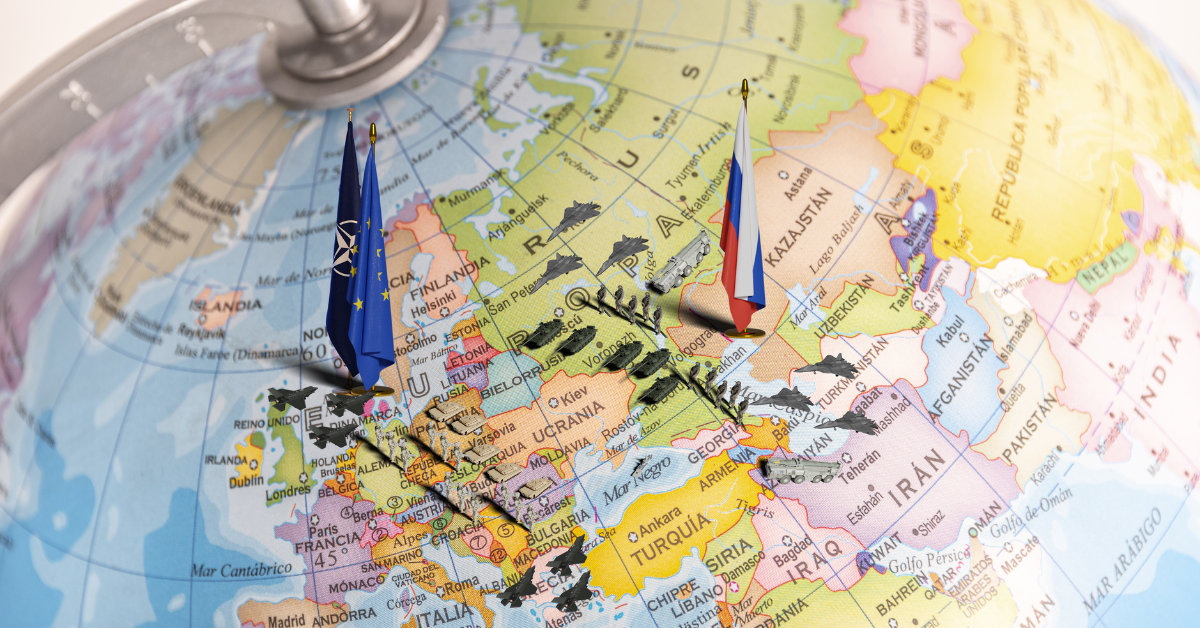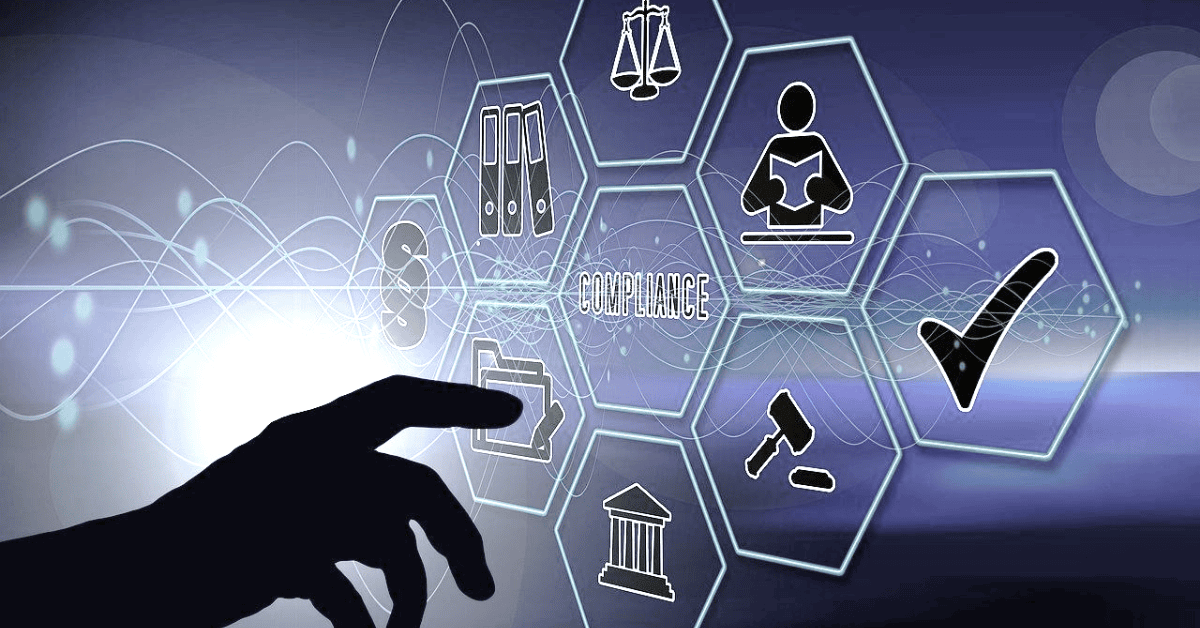By Nandini Menon
Introduction
In an increasingly interconnected yet ideologically fragmented world, the age-old question of “who sets the rules?” has found renewed relevance, not through arms races or territory, but through standards. These technical, ethical, and procedural frameworks underpin every aspect of modern life, from the way artificial intelligence makes decisions, to how businesses report on their sustainability practices, to the protocols governing digital trade.
Standards are not merely bureaucratic tools. They are strategic instruments of geopolitical influence. Countries and blocs that can set global standards also shape the markets, ethics, and flows of power. In this regard, the world finds itself in the midst of a complex tug-of-war between the European Union, the United States, and China. Each is promoting its own philosophy and regulatory approach, seeking to entrench its values into the very code and compliance frameworks of the future.
As global citizens, organisations, and policymakers strive to keep pace with evolving norms and technologies, platforms like BSB Edge have become vital. BSB Edge curates and disseminates standards from across jurisdictions, helping users make sense of a fragmented world order by offering transparency, comparison, and access.
Why Standards Matter
The quiet ubiquity of standards belies their power. Standards influence:
- Market access: Products that do not meet certain standards are locked out of specific markets.
- Technological interoperability: Standards determine which technologies can communicate with or be used alongside one another.
- Consumer trust: Standards provide guarantees on quality, safety, and ethical usage.
- Regulatory leverage: Countries that export standards also export their regulatory values.
Thus, standards are a soft power tool, subtle yet profound in impact. As the global order tilts toward multipolarity, the question is no longer just about compliance but about whose rules the world is following.
AI Ethics: Algorithmic Values in Competition
Artificial Intelligence is one of the most contested arenas in the geopolitics of standards. The rise of generative AI, surveillance systems, and decision-making algorithms has necessitated a regulatory framework that balances innovation with safety, privacy, and fairness.
The European Union: The Ethics-First Regulator
The EU has positioned itself as the global standard-setter in AI governance with its landmark AI Act. It adopts a risk-based approach, classifying AI systems into unacceptable, high-risk, limited-risk, and minimal-risk categories. The EU’s values-driven approach, centred on privacy, dignity, and human rights, is not just regulatory—it is strategic.
China: Technocratic Control
China’s standards are oriented toward state control and public security. While it mandates ethical safeguards on paper, its model leverages AI for surveillance, censorship, and social control.
The United States: Market-Driven Minimalism
The US historically favors innovation over regulation. Standards emerge from industry consortia like ISO and IEEE, with ethics taking a back seat to competitiveness and speed.
ESG Standards: The Struggle to Define Sustainability
Environmental, Social, and Governance (ESG) metrics are central to investment decisions and public trust, but global standards remain fragmented.
The EU: Binding Sustainability
The EU leads with its CSRD and SFDR, embedding climate and human rights into mandatory ESG reporting—turning values into trade requirements.
The US: Voluntary Frameworks
ESG in the US remains mostly voluntary, with growing investor pressure but limited federal mandates. Political resistance slows down regulatory development.
China: State-Led Greenwashing?
ESG disclosure in China exists, but lacks independence, comparability, and enforcement—often serving political optics more than real impact.
Digital Trade Protocols: The New Frontier
As digital trade becomes the backbone of global commerce, standard-setting defines how data is governed, who controls it, and under what legal norms.
The EU: Digital Sovereignty
The EU’s Digital Services and Digital Markets Acts regulate platforms for fairness and transparency. The bloc positions itself as the ethical arbiter of digital conduct.
The US: Free-Flow Evangelist
The US pushes for cross-border data flow and minimal restrictions. Its digital trade deals protect platform interests but lack federal data privacy laws, undermining global trust.
China: Cyber Sovereignty
China’s laws enforce data localisation and surveillance. It seeks to define a parallel internet architecture rooted in state authority and censorship.
Standard Setting Bodies and Global Influence
Institutions like ISO, IEC, ITU, and OECD are battlegrounds for influence. China is ramping up its participation to push national priorities, while the US and EU respond by reclaiming leadership roles. Global standardisation is now a space of diplomacy involving states, corporations, and civil society.
The Role of BSB Edge: Decoding Complexity
In this dynamic context, BSB Edge acts as a critical bridge for organisations navigating global standards.
1. One-Stop Access to Global Standards
Access over a million standards from ISO, IEC, ASTM, BIS, and others—all searchable and up-to-date.
2. Sector-Specific Insights
Customised views for AI, ESG, data governance, cybersecurity, and more—helping users act on what’s relevant.
3. Contextual Analysis and Updates
BSB Edge adds depth with commentary, news, and comparisons—explaining the why behind the what.
4. Bridging the Knowledge Gap
For academia and policy, BSB Edge simplifies complex standards and connects them to real-world scenarios and geopolitics.
Conclusion: The Battle Behind the Scenes
Standards are the quiet power struggle of the 21st century. The EU champions human-centric ethics, the US promotes free-market dynamism, and China exports state-centric control.
Caught in the middle are companies, governments, and people trying to comply with—and influence—multiple systems at once.
This is where BSB Edge matters. By enabling understanding, access, and informed participation, it turns fragmented global rulebooks into strategic tools for navigating a complex world.
Understanding the geopolitics of standards isn’t just about compliance. It’s about survival—and sovereignty—in the rules-based order ahead.







Leave a Reply